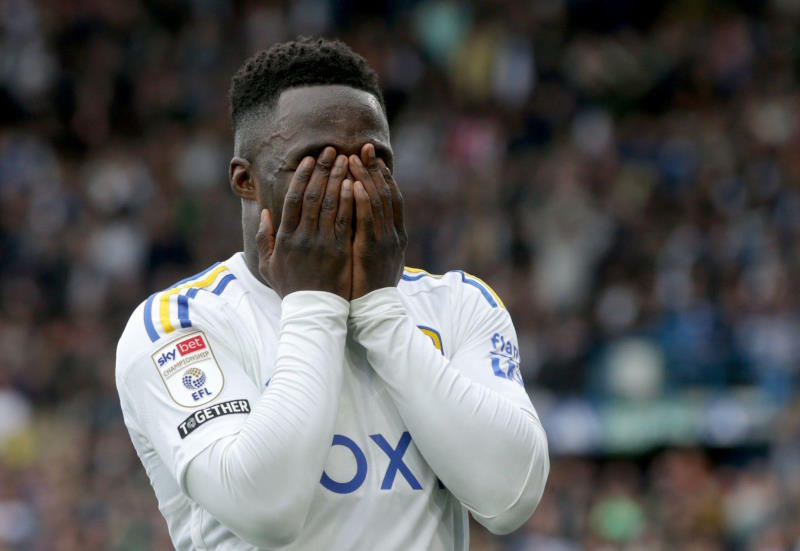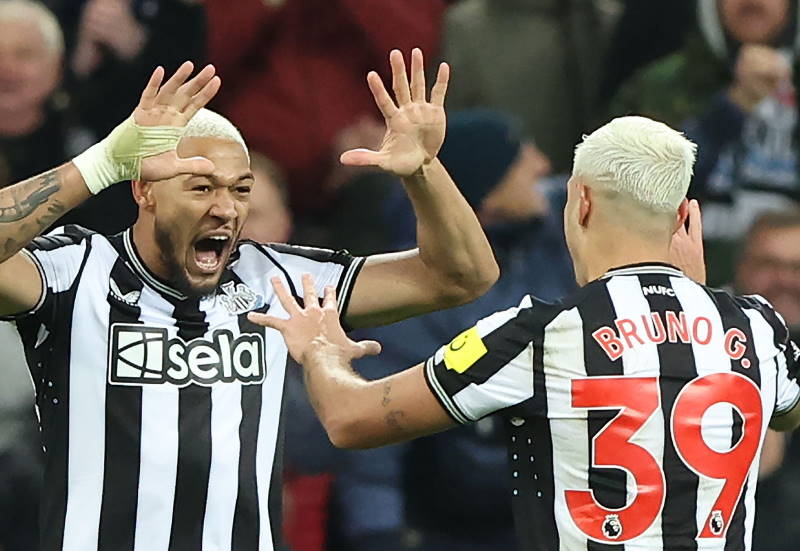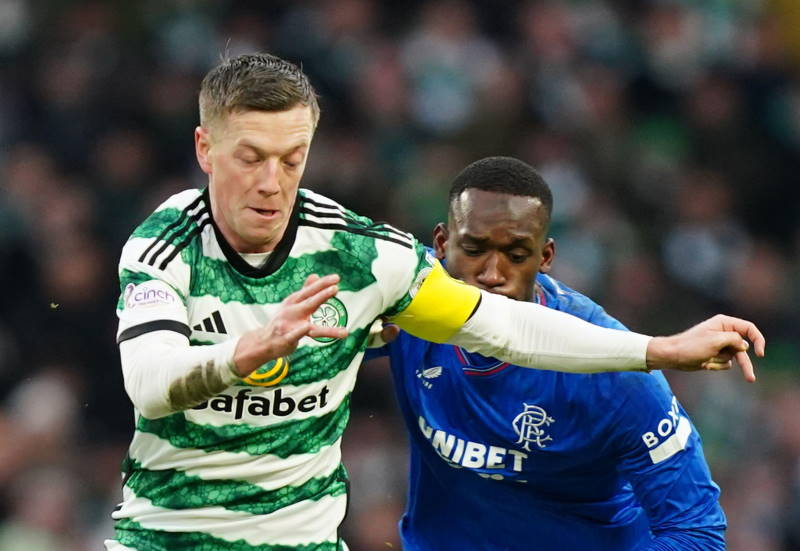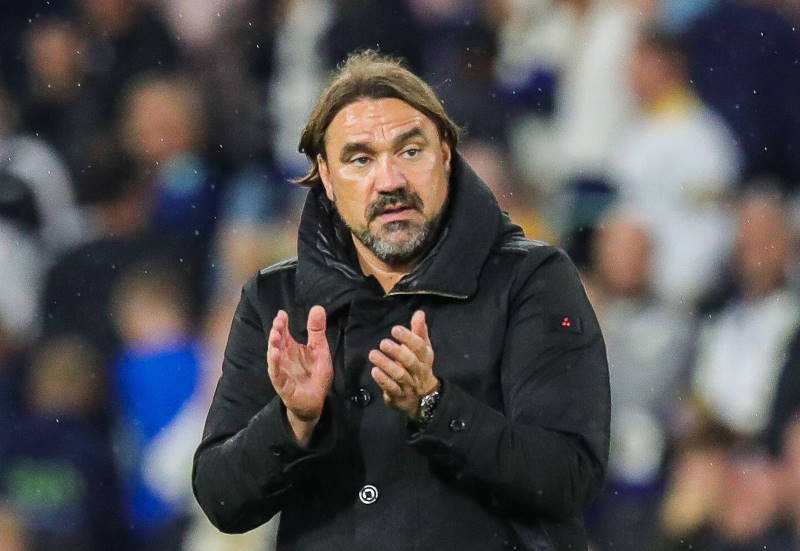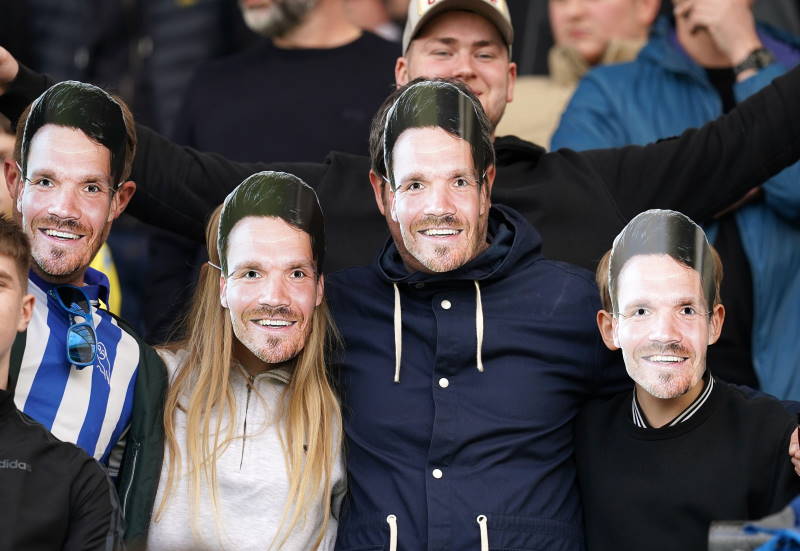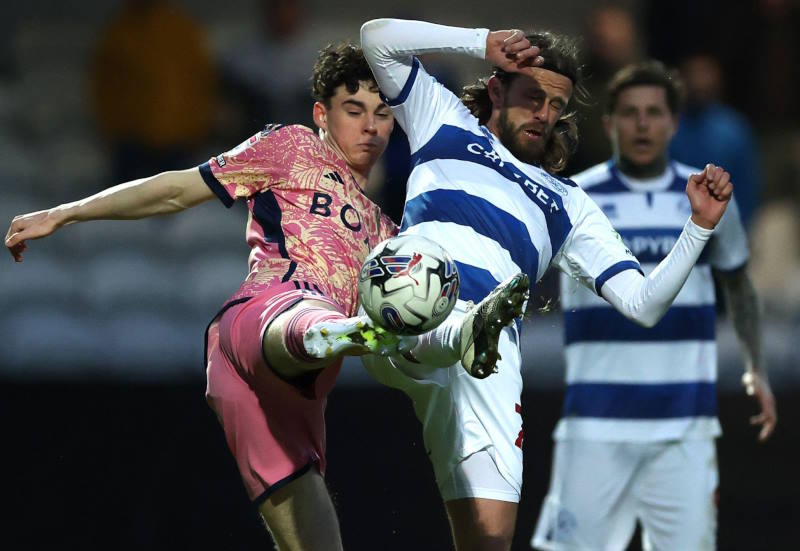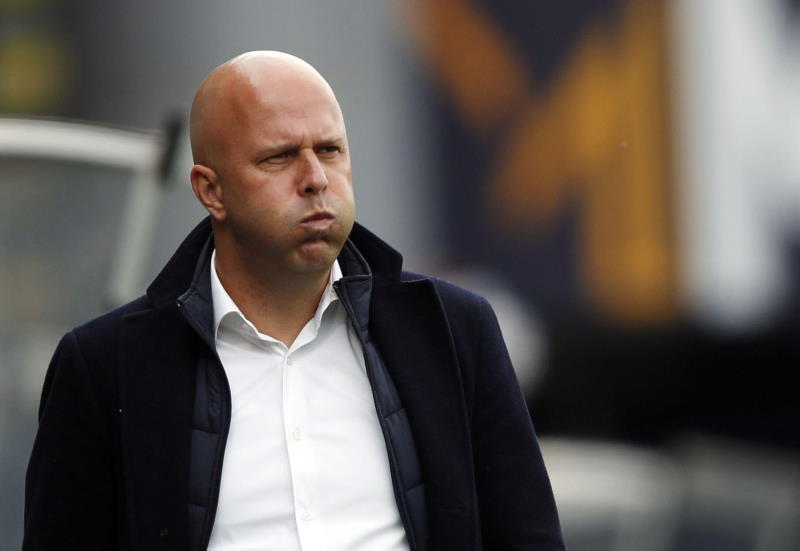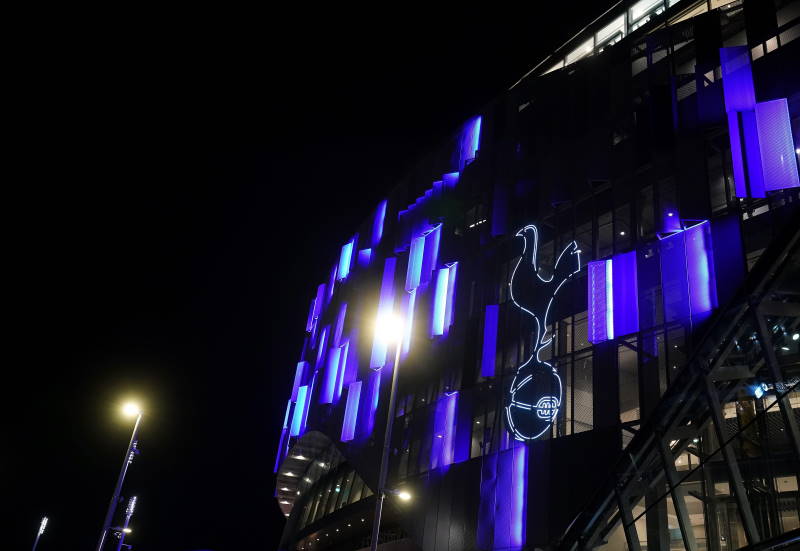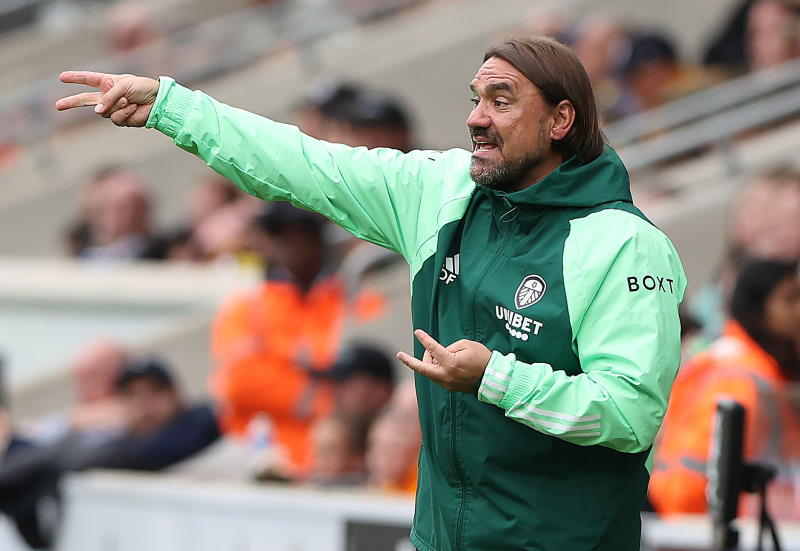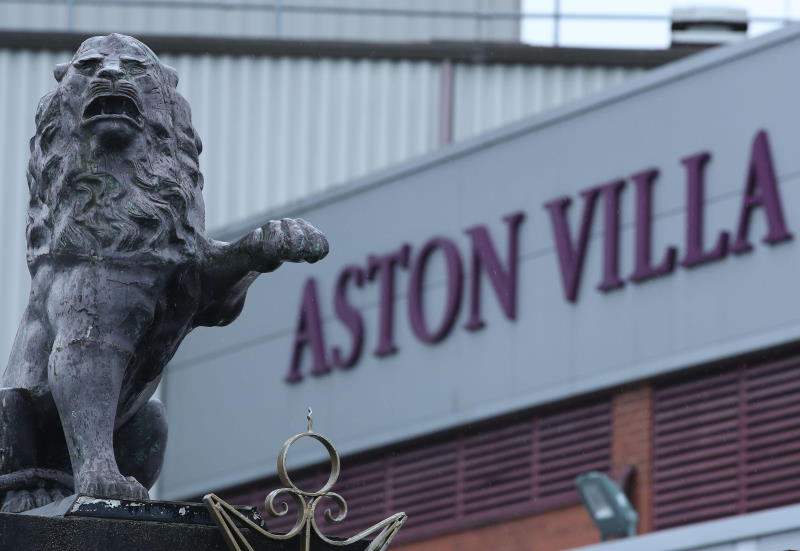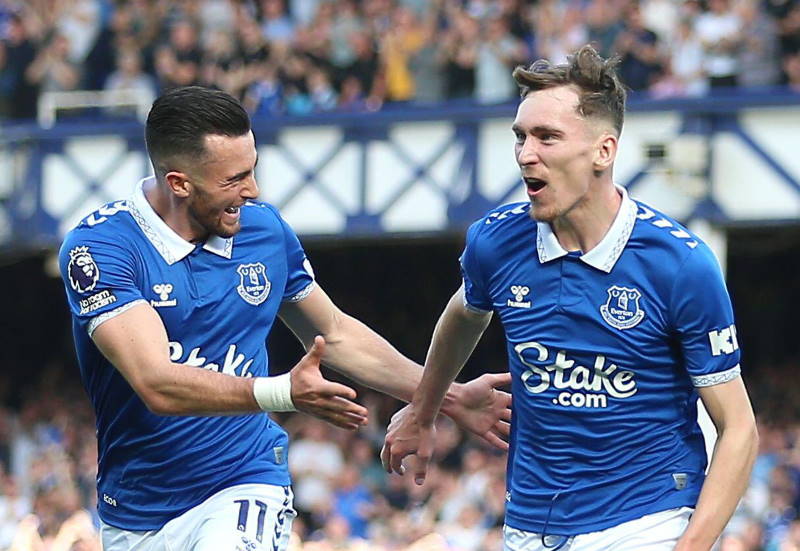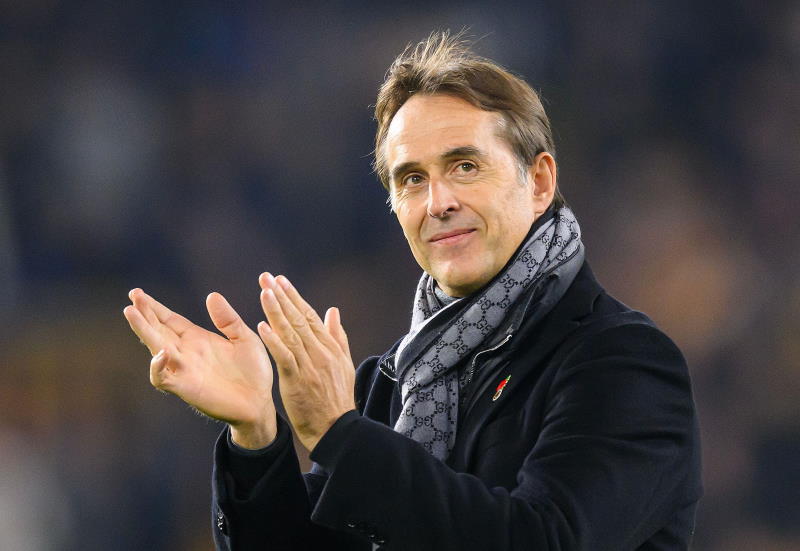
Phillip Buckley
Sometimes, in the long run, not winning is better than winning. When Sir Alex Ferguson skipped around the Old Trafford turf on a balmy day in May last year, all seemed well in the world. Bowing out with a 20th top flight title secure and a comfy seat in the directors’ box, Ferguson was looking forward to many nights watching Manchester United play in the Champions League, along with a near annual title procession on the final Sunday of the season. But Ferguson had been fooled. Winning the Premier League by eleven points was, as Jose Mourinho might say, “fake”.
There were deep-rooted problems at Old Trafford, a number of mediocre players only pushed to greater heights by their even greater manager, cracks covered up wonderfully by Robin van Persie’s clinical nature. From a hat-trick rescuing Manchester United against Southampton, a 3-2 win, in just their second game of the season, the Dutchman never stopped scoring; and Manchester United never stopped winning. Had the club not marched emphatically to the league title last season, Ferguson might not have retired, or if he had, his successor might have been afforded more understanding; not necessarily by the club’s fans, but those who control the purse-strings. And Ferguson’s list of problem areas and identified replacements might have turned the tide. As it is, Manchester United face a season, at least, out of the Champions League, and they are fire-fighting; less mini fires around Old Trafford, but more an entire blaze which will need the foundations to be replaced.
But what of Liverpool, the main beneficiaries of Manchester United’s decline. Arsenal, Chelsea and Manchester City might all have reasonably been expected to finish in the top four, but not Liverpool. Squeaking into fourth on goal difference would have been celebrated with vigour at Anfield. Freed from the troubles of playing European football, the Reds have flourished, Brendan Rodgers able to deploy largely the same group of players, week in, week out. If Liverpool win the Premier League they will be worthy winners, a fortunate injury-free run or not. They have blown away opponents and no team closing on 100 league goals in a season can be talked down or dismissed. But in the long run, winning the Premier League might not turn out to be everything Liverpool dream of, and it may herald a false dawn.
The club’s American owners will view league success as a vindication of their policies, rather than a mere stop on a trophy-gathering train, as conductor Rodgers blows his whistle and shouts ‘we go again’. Liverpool have aimed for the top four, but not invested the riches to make a Champions League return a racing certainty. The man powering the title push, Luis Suarez, was bought with money which arrived from a lottery win, or as close as can be achieved to one in football, selling Fernando Torres to Chelsea for £50m, up front, cold, hard, cash. Other backbone members of the side, Glen Johnson, Daniel Agger, Steven Gerrard, Lucas Leiva, Raheem Sterling, Martin Skrtel and Jon Flanagan, were at Anfield long before Fenway Sports Group (FSG) pulled up. And while credit must go to Rodgers for bringing in Daniel Sturridge and Philippe Coutinho, to grab the pair for a little over £20m is the kind of feat which is the exception rather than the rule. If Sturridges and Coutinhos could be found regularly for such fees, the title would come within the range of clubs like Newcastle, Tottenham, Everton and Southampton. Even Arsenal might have won the league.
Put simply, Rodgers will have won the Premier League with one hand tied behind his back and if that does not change, capturing the crown will not easily be repeated. The Northern Irishman has had to make a number of sacrifices which would not be needed at Chelsea, Manchester City, Manchester United, or even Tottenham, selling players he would have liked to have kept to add depth to his squad. Stewart Downing and Andy Carroll are two cases in point. Rodgers has stuck publicly to his view that Liverpool’s style of football wouldn’t have suited Carroll, but it is almost impossible to believe that a pragmatic manager wouldn’t have wanted the luxury of being able to throw on the beast of a striker to give opposing defences a headache late in games or overpower teams poor in the air. Rodgers came close to admitting as much earlier this month, making it clear financial reasons played a part in the striker’s departure.
“Andy wasn’t let go from here because he wasn’t good enough. I think he’s one of the best players in Europe in how he plays. That style, attacking the ball in the air, he is outstanding”, Rodgers admitted. “Everyone knows the way I work. It was never to say Andy couldn’t work that way, but he needed to play. We had other financial aspects of the football club that we had to look at.”
And on Downing, the Liverpool manager was even clearer, explaining a sell to buy policy which is madness at any club aiming for the top in European football. “I made it clear at the time and I will make it clear again that I didn’t want to sell Stewart. By then he had progressed to become a very important player of the squad. But the money we were offered for him was going to help in getting other players in for our philosophy and our journey.”
Rodgers did spend last summer, although not as heavily as expected, France defender Mamadou Sakho the pick, in financial terms, for around £15m, or in football terms, around 48 per cent of Juan Mata or 42.5 per cent of Mesut Ozil. Liverpool very publicly missed out on Henrikh Mkhitaryan, losing out to Borussia Dortmund, a club with a wage bill the size of QPR, Willian to first Tottenham and then, in a twist of fate which at least gave the Reds some pleasure, Chelsea. It has all been a far cry from Liverpool chairman Tom Werner saying in 2012: “I would say we certainly have the resources to compete with anybody in football.” If Werner’s statement is true, Liverpool are still waiting to see proof.
Selling to buy, keeping an extremely close watch on the wage bill, might be a prudent financial policy, but it is unlikely to be one which keeps Liverpool fighting for the title year in year out. Experienced Spain international Pepe Reina was shipped out in the summer, on loan to Napoli, to be replaced by Simon Mignolet. Had Mignolet, who has flapped on more than a few occasions this season, been injured, Liverpool would have had to turn to Brad Jones. It is a far cry from 2001, when Gerard Houllier opted to buy both Jerzy Dudek and Chris Kirkland to compete for the number one spot. Scratch beneath the surface and Liverpool have a squad ill-equipped to cope with injuries. Backup striker Iago Aspas has struggled to look anything like up to standard in a title-challenging side, left-back Aly Cissokho left Rodgers so unimpressed he will not sign him permanently in the summer, while young Spaniard Luis Alberto still has to remind Melwood’s tea ladies who he actually is, so quickly has he sunk without trace. Flanagan has shone at the back, but handing the inexperienced 21-year-old such a central role was hardly part of Rodgers’ plans, Jose Enrique’s injury forcing that onto the manager. Equally, sending Fabio Borini out on loan smacks of a financial decision, rather than a footballing one.
And so the summer will provide the ultimate test of FSG’s ambitions. It is hard not to conclude that the omens are not good. No new stadium is being built at Liverpool, despite the club’s previous two owners (David Moores and then Tom Hicks and George Gillett) concluding it was vital to move forward, while other American owners have not been keen to dip their hands into their own pockets to fund their clubs. At Arsenal, Mesut Ozil was not accompanied by the striker so badly needed and the Gunners continue to spend thinly. While the club suggest Arsene Wenger has cash to spend, does it really stack up? What manager actively wants to harm their chances by relying on Nicklas Bendtner and Yaya Sanogo when dreaming of the title? In Manchester, Manchester United were kept on the rails by Ferguson’s brilliance, Cristiano Ronaldo’s world-record fee in 2009 disappearing into the nether. Vital areas of the team went unaddressed and Mata’s arrival in January had the appearance of a desperate throw of the dice to ensure the Champions League riches continue to flow. It has failed, and Manchester United will spend this summer to avoid two consecutive campaigns outside the land of milk and honey – but money will likely come from their own reserves. Elsewhere, American ownership at Aston Villa has resulted in a team which finished sixth in 2008 and 2009 now regularly battling relegation, while Sunderland look poised to be relegated even though their owner, Ellis Short, has an estimated worth of $4 billion.
If Liverpool win the Premier League title this season it will be as a result of Rodgers, not FSG. Then the acid test will come. An unproven manager could not make demands of the club’s owners easily. One with the Reds’ first league title in 24 years will have his position markedly strengthened. And Rodgers will not easily stand by while Liverpool dither and dither, failing to close deals despite them being there for the closing. No more Mkhitaryans or Yevhen Konoplyankas. If 11th May is to mark the start of a new dawn at Anfield, the club’s owners must rise to the challenge, just as Rodgers has done, and not just jet into town for glamour fixtures. There is credit to be had and limelight to be enjoyed. But it must be Rodgers and the team who enjoy it, while the owners work diligently in the background and bankroll a return to Europe’s elite. As Bill Shankly famously said: “At a football club, there's a holy trinity – the players, the manager and the supporters. Directors don't come into it. They are only there to sign the cheques.” If FSG want to meet the aspirations of Liverpool supporters, they had better dust off their cheque book.
Don't bet on football until you've visited Inside Bet! Interesting markets, top tips, betting facts – get all the info before you bet.

